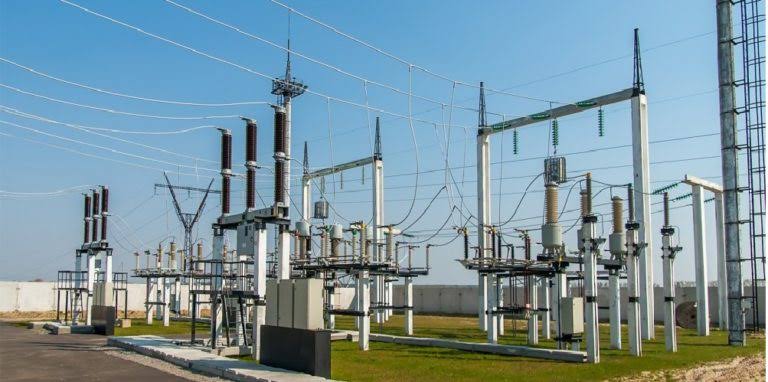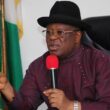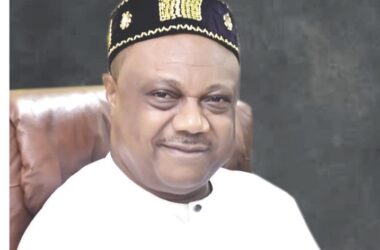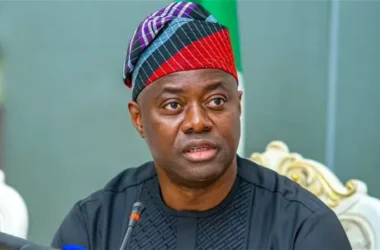The Minister of Power, Chief Adebayo Adelabu, has reiterated that grid electricity remains the most cost-effective and reliable source of power for industries and large electricity consumers. He spoke during a board retreat organized by the Nigeria Electricity Liability Management Company (NELMCO) in Lagos, addressing concerns over the growing reliance on captive power plants.
Adelabu revealed that the federal government has allocated N12.7 billion to provide electricity meters for military barracks across the country. He emphasized that the majority of industrial electricity consumers have turned to captive power plants due to a lack of trust in the national grid’s reliability. However, he stressed that this option is significantly more expensive than using grid power. “The average cost of producing captive power is about N350 to N400 for those connected to gas lines. For diesel, it’s about N950 while petrol is about N550,” he said.
The minister expressed his concern that, despite the grid’s capacity to generate 5,155 megawatts, many industries are still hesitant to reconnect due to previous concerns about stability. Adelabu is hopeful that with increased confidence and stability, more consumers will return to the grid, which offers a cheaper and more sustainable source of power.
Looking forward, the minister outlined plans to achieve a national power generation capacity of 6 gigawatts by the end of December 2024. He also reaffirmed the federal government’s commitment to reaching 30 gigawatts by 2030, with 30 percent of that energy coming from renewable sources. Adelabu emphasized that achieving these goals will require adherence to clear principles and strategies, focusing on delivering universal access to electricity in the long term.
In a bid to stimulate demand, Adelabu hinted at the possibility of introducing a differential tariff system during off-peak periods. This measure aims to encourage industries to make better use of the grid during times of lower demand, especially with the support of smart meters.
The minister also urged board members to uphold corporate governance, transparency, and accountability in all decisions. He stressed that the Nigeria Electricity Supply Industry (NESI) must adopt environmental, social, and governance (ESG) standards, ensuring sustainable practices that align with the country’s climate goals.










